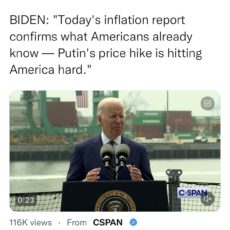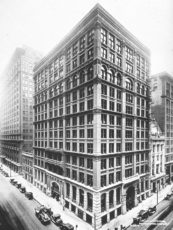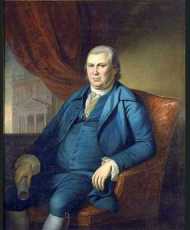
Over the past century, large-scale sugar cane cultivation was developed in what became known as the Everglades Agricultural Area, the region just south of Lake Okeechobee, historically a part of the Everglades ecosystem which was drained in the early- to mid-twentieth century. However, making sugarcane cultivation in this area feasible & profitable has required massive amounts of government subsidization, including: draining the land in the first place & maintaining flood control infrastructure ever since; funding soil experiments; assisting sugar companies in finding cheap, controllable labor until the coming of mechanization in the 1990s; and keeping out foreign sugar & keeping the US sugar price artificially above the world price (usually 2-3x higher.) The sugar companies that receive all of this welfare often get to “profit” immensely, and up until a few decades ago were allowed to wreck havoc on South Florida’s ecosystem with impunity.
This is a fascinating story, and it’s also a very vivid real-world historical case study that illustrates a lot of concepts we’ve talked about on the DHP in the past, such as public choice economics, rent-seeking, the power elite, political entrepreneurship, etc.
Join CJ as he discusses:
- Increasing US government policies designed to foster domestic sugar production (at the expense of consumers & taxpayers at large) in the late-nineteenth & early-twentieth century
- Efforts by various people to create a ‘sugar bowl’ in South Florida during this time
- The effects of the First World War on ‘the sugar question’
- Renewed efforts to cultivate cane in South Florida in the 1920s & 30s, with increasing success
- The creation of the United States Sugar Corporation (USSC) in the 1930s
- The impact of World War II on sugar
- Big Sugar’s shady labor practices, and their eventual turn towards highly controllable & exploitable foreign “H-2” laborers
- The impact of the Cold War on Florida sugar, including the crucial impact of Fidel Castro’s 1959 Cuban Revolution
Support the Dangerous History Podcast via Patreon
CJ’s DHP Amazon Wish List
Internal Links




